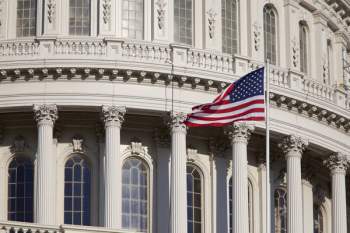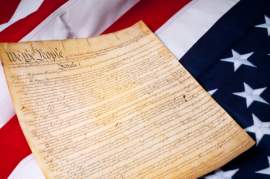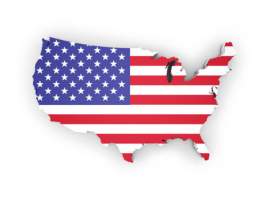
A Quick Guide to Supreme Court Criticisms

Popular In Constitution
Purpose Of Lifetime Appointment And Pros And Cons Enumerated Powers Bicameral Legislature Background Article 3 Of The Constitution We The People 1st Amendment Who Wrote The Constitution Judicial Review Equal Protection Clause 5th Amendment 10th Amendment Three Fifths Compromise
The highest judicial body within the United States, the Supreme Court of the United States, consists of one Chief Justice and eight Associate Justices. The Justices are nominated by the President and the Senate votes them into office to serve for a lifetime tenure, until the justice retires, resigns, is impeached, or dies.
Initially, the Supreme Court heard very few cases, with the first Supreme Court case heard being the case of West v. Barnes, which found that a writ of error is required to be issued within ten days by the Clerk of the Supreme Court. When John Marshall took the seat of Chief Justice, however, the power of the Supreme Court began to grow.
The Marshall Court which lasted from 1801 to 1835. Martin v. Hunter's Lessee gave the Court the power to correct the interpretations of the U.S. Constitution which have been established by State governments. The Supreme Court was then entrusted with not only the power to interpret the law, but to strike down any laws which it deemed unconstitutional.
With the responsibility to make important decisions also came a great deal of criticism.
The enumeration in the Constitution, of
certain rights, “shall not be construed to deny or disparage others retained by
the people." It is designed to negate any further expansion of
governmental power on account of the enumerated rights mentioned in prior Amendments
of the Constitution.
Further protection for individual rights was given
in the Fourteenth Amendment of the U.S. Constitution, which was added after the
end of the U.S. Civil War as one of the Reconstruction Amendments in 1868. The
Fourteenth Amendment covers a lot of ground in its five total sections.
Section
1 stated that all persons born within the United States are citizens of the
United States and citizens of the State in which they reside. Other provisions
in the Amendment include rights for voting, restrictions on governmental jobs
of members of Congress, the voiding of all debts relating to slavery, and that
Congress had the power to enforce all of the above provisions.
The provisions clearly outlined in the Ninth and
Fourteenth Amendment have been interpreted in controversial ways by the United
States Supreme Court.



















